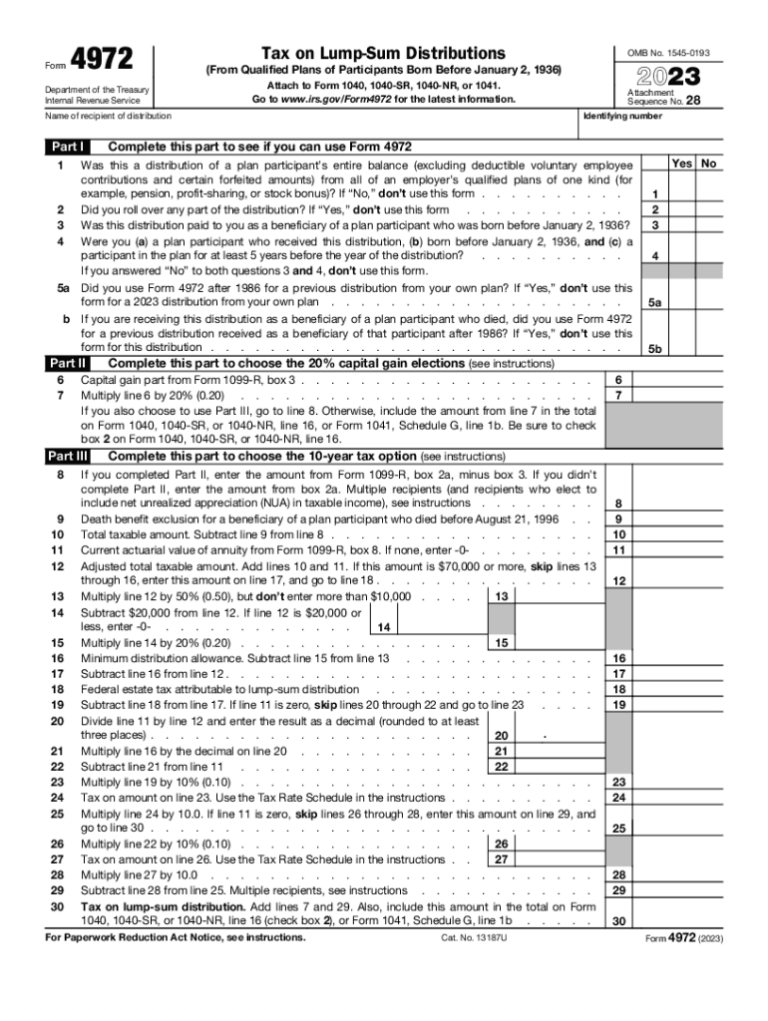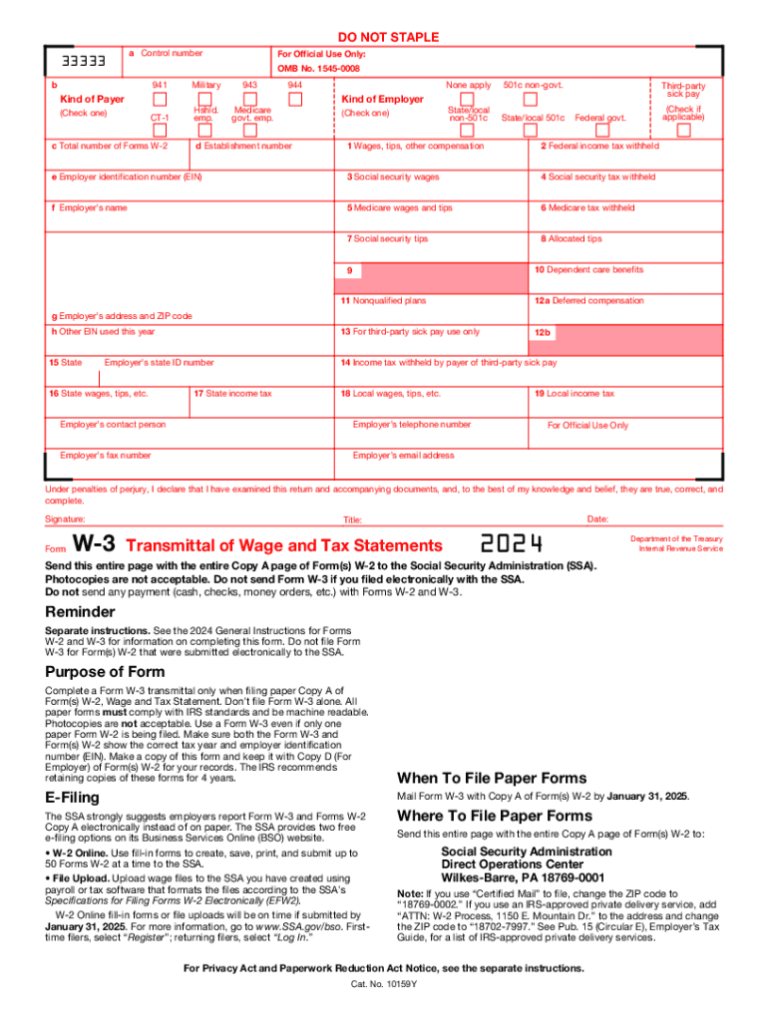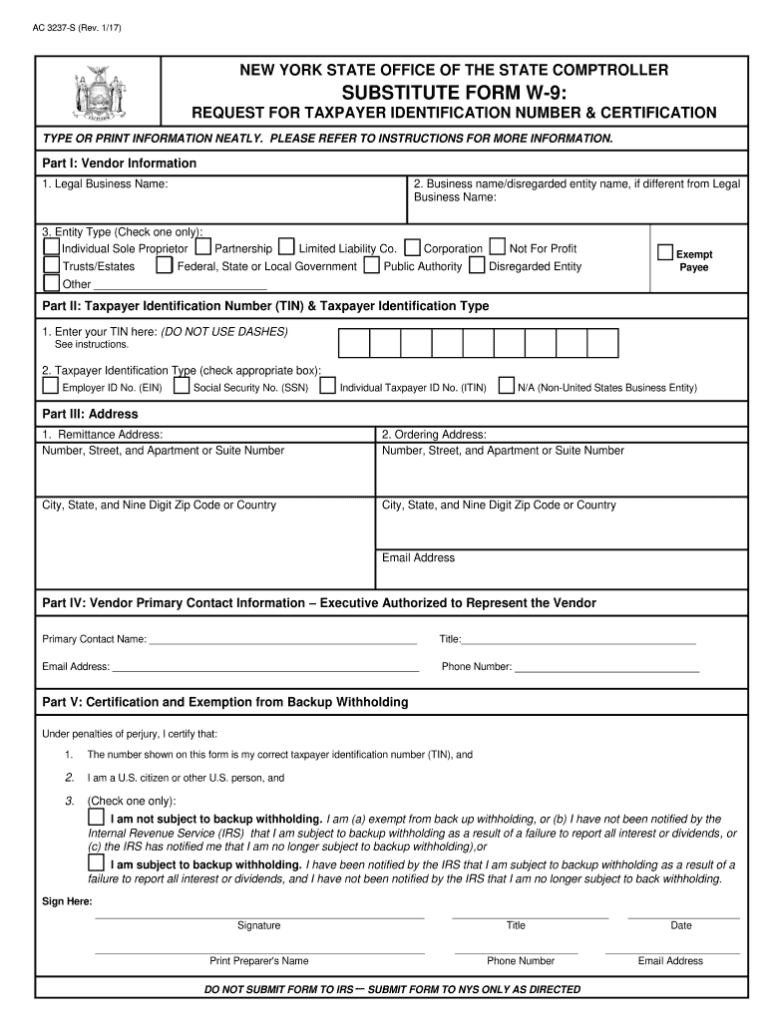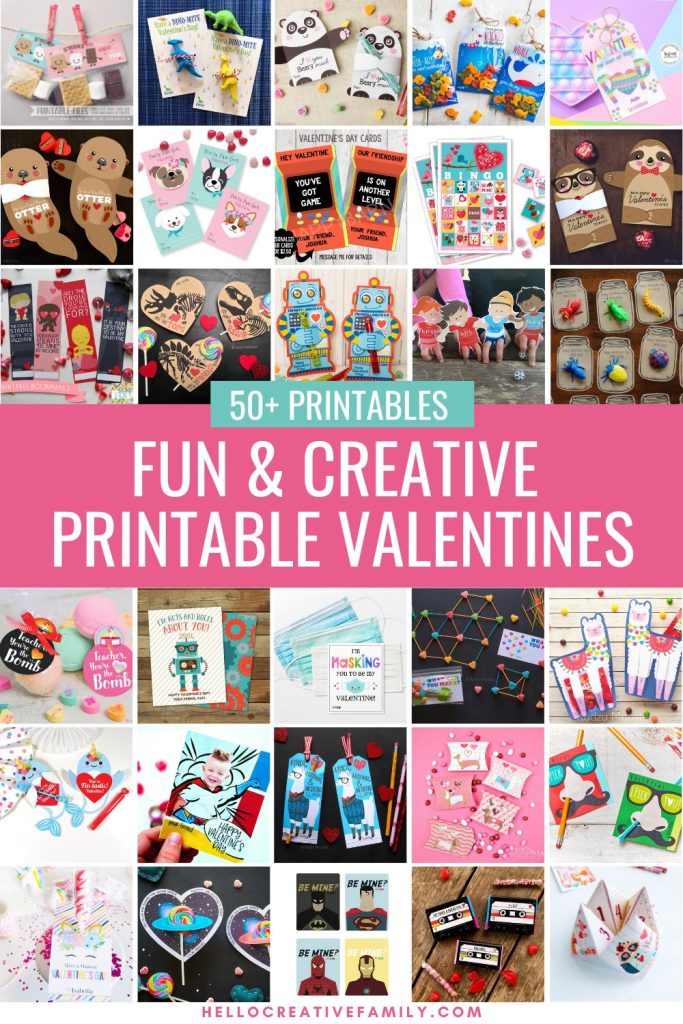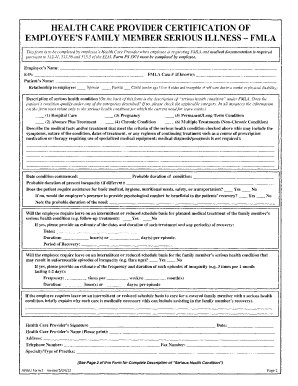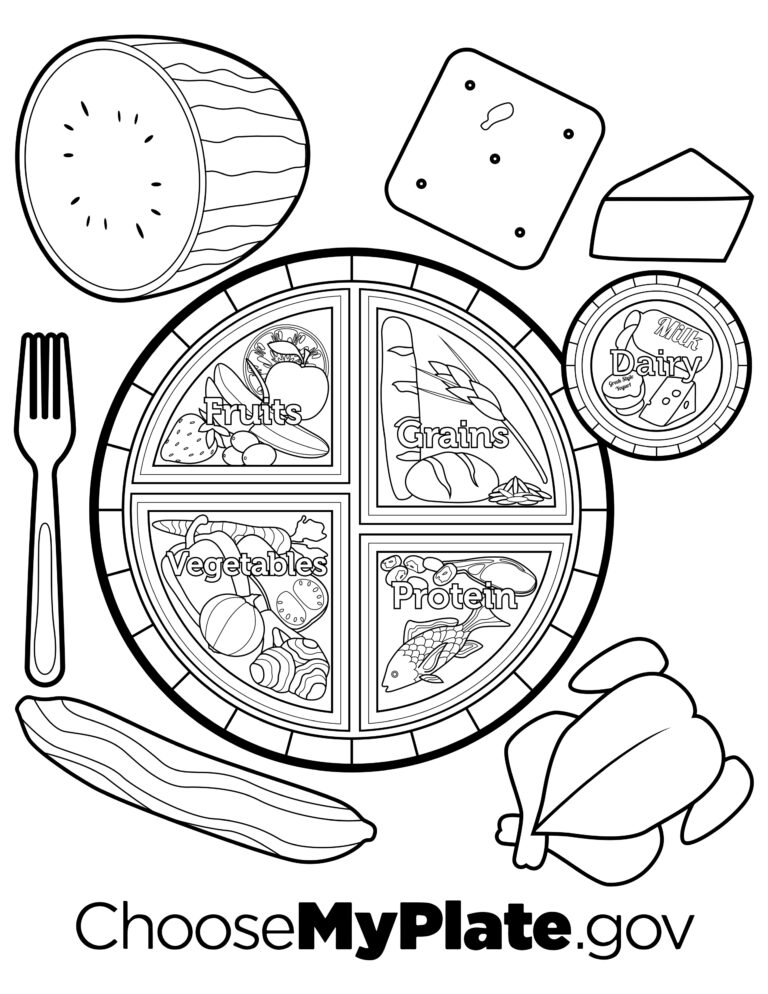Printable Workbooks for Kindergarten: A Guide for Early Learning
In the realm of early childhood education, printable workbooks have emerged as invaluable tools for fostering cognitive development and academic success. These versatile resources offer a structured and engaging approach to learning, catering to the unique needs of kindergarten students.
Research has consistently demonstrated the myriad benefits of incorporating workbooks into kindergarten curricula. They provide a systematic framework for introducing foundational concepts, reinforcing essential skills, and encouraging independent learning. By tailoring workbooks to individual learning styles and developmental levels, educators can effectively address the diverse needs of their students.
Printable Workbooks For Kindergarten

Printable workbooks for kindergarten are a great way to help your child learn and practice important skills. They can be used at home or in the classroom, and they can be a fun and engaging way to learn.
Math Workbooks
Math workbooks can help your child learn basic math skills, such as counting, addition, and subtraction. They can also help your child develop problem-solving skills and critical thinking skills.
Reading Workbooks
Reading workbooks can help your child learn to read and write. They can also help your child develop vocabulary and comprehension skills.
Science Workbooks
Science workbooks can help your child learn about the world around them. They can teach your child about topics such as plants, animals, and the environment.
Social Studies Workbooks
Social studies workbooks can help your child learn about history, geography, and civics. They can also help your child develop social skills and cultural awareness.
Art and Craft Workbooks
Art and craft workbooks can help your child develop their creativity and imagination. They can also help your child develop fine motor skills and hand-eye coordination.
Choosing the Right Workbooks
When choosing printable workbooks for kindergarten, it is important to consider your child’s individual needs and interests. You should also consider the level of difficulty of the workbooks and the amount of time your child is willing to spend on them.
Using Workbooks Effectively
To use printable workbooks effectively, it is important to set aside a specific time each day for your child to work on them. You should also provide your child with a quiet and comfortable place to work. It is also important to be patient and encouraging while your child is working on the workbooks.
Benefits of Using Workbooks
There are many benefits to using printable workbooks for kindergarten. Workbooks can help your child:
- Learn new skills
- Practice important skills
- Develop problem-solving skills
- Develop critical thinking skills
- Expand their vocabulary
- Improve their comprehension skills
- Learn about the world around them
- Develop social skills
- Develop cultural awareness
- Develop their creativity
- Develop their imagination
- Develop fine motor skills
- Develop hand-eye coordination
Helpful Answers
What are the advantages of using printable workbooks in kindergarten?
Printable workbooks offer numerous advantages, including providing a structured learning environment, reinforcing essential skills, catering to individual learning styles, and fostering independent learning.
How do I choose the right printable workbooks for my kindergarten students?
When selecting workbooks, consider factors such as difficulty level, engagement level, alignment with curriculum standards, and individual student needs and abilities.
Can I create my own printable workbooks for kindergarten?
Yes, creating your own workbooks allows you to tailor them to the specific needs of your students. Focus on age-appropriate content, engaging activities, and incorporating interactive elements.
How can I effectively use printable workbooks in my kindergarten classroom?
Integrate workbooks into your curriculum as individual assignments, group activities, or independent practice. Monitor student progress, provide feedback, and differentiate instruction to meet the needs of all learners.
